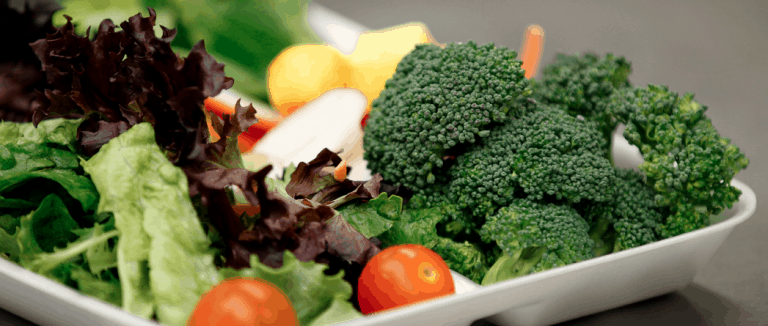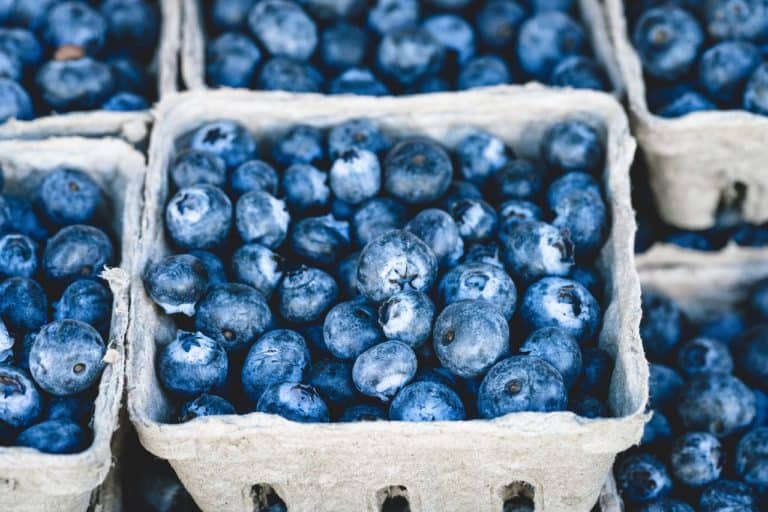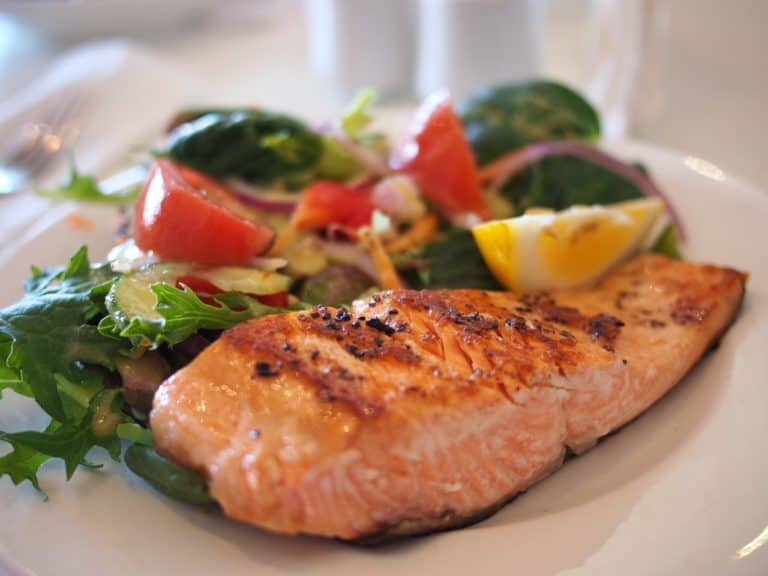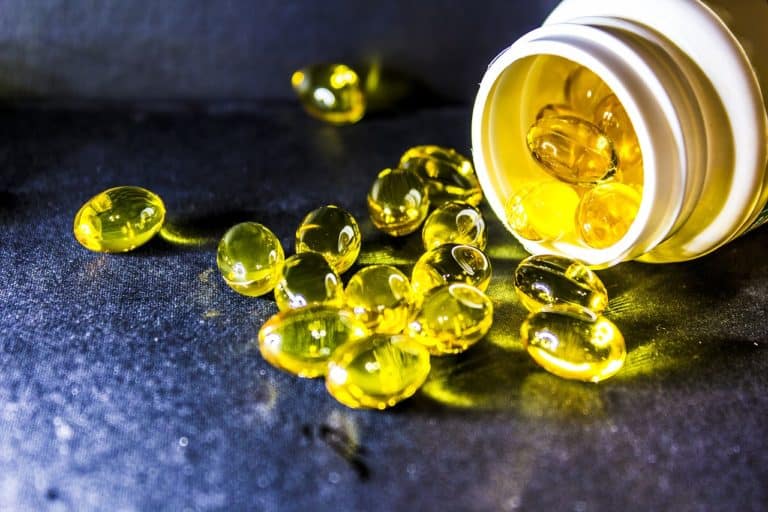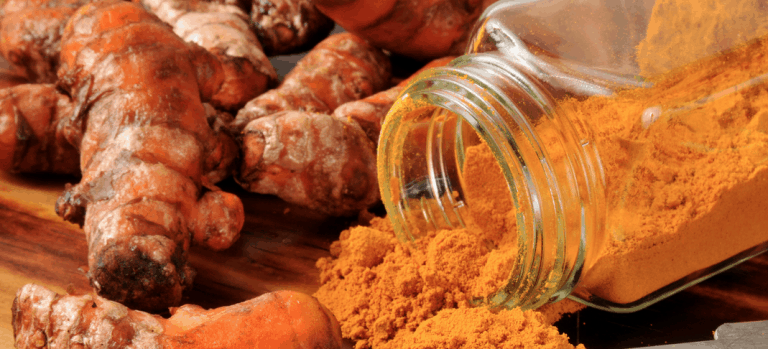Quercetin and green tea for prostate cancer is a combination of natural substances that may help in the fight against this common disease. To help better understand the role of quercetin and green tea for prostate cancer, here are the findings of a research team from the University of California, Los Angeles (UCLA). First, however, let’s look at the special characteristics of quercetin and green tea.
What are quercetin health benefits?
Quercetin is a phytonutrient found in some plants, including apples, onions, red grapes, and tea, among others. Much research shows that quercetin is a potent antioxidant that also has anti-inflammatory and anti-allergy properties.
In addition, a number of studies have shown that quercetin is helpful in the fight against prostate cancer. For example, a State University of New York at Buffalo study showed that quercetin significantly inhibited the growth of prostate cancer cell lines and had a positive effect on cancer cell cycles. Other studies have revealed that quercetin has an ability to interrupt the spread of prostate cancer as well as promote cell death.
What are green tea health benefits?
Green tea health benefits are largely attributed to the presence of plant chemicals called catechins, which are potent antioxidants. The most powerful of the catechins is epigallocatechin gallate, or EGCG for short. Study after study has shown how EGCG fights a variety of health problems, including prostate cancer.
For example, a study showed green tea can slow the growth of prostate cancer cells and cause them to commit cell death (apoptosis). A 2008 study showed that men who drank five or more cups of green tea daily had a reduced risk of advanced prostate cancer when compared with men who drank less than one cup of green tea per day. Consuming more than three cups of green tea per day reduced the risk of prostate cancer in another study.
Combining quercetin and green tea for prostate cancer
What happens when you combine quercetin and green tea for prostate cancer? The UCLA team already knew that half of the EGCG in prostate tissue is in a less active form. They wondered what would happen if they added quercetin to EGCG in prostate cancer cells in the laboratory: could the quercetin stimulate the ability of EGCG to fight the growth and spread of prostate cancer cells?
The answer was yes. A combination of quercetin and EGCG synergistically inhibited cell growth and spread, interfered with the cell cycle, and induced cell death in prostate cancer cells.
The same research team also explored the potential impact of quercetin and green tea for prostate cancer in a mouse study. We say “potential” since the scientists tested quercetin and EGCG on lung, kidney, and liver cells rather than prostate cancer cells.
However, when quercetin and green tea were given to severely immunodeficient mice for two weeks, the scientists saw a significant increase in active EGCG in lung and kidney cells and an improvement in liver cells. The authors pointed out that combining quercetin and green tea enhanced the cancer fighting abilities of green tea (EGCG) and that “responses of different cancers to the combination may vary.”
All in all, these studies and previous ones support the idea of using a combination of quercetin and green tea for prostate cancer.
Read more in our Prostate Cancer Health Center.
References
Gupta S et al. Growth inhibition, cell-cycle dysregulation, and induction of apoptosis by green tea constituent (-)-epigallocatechin-3-gallate in androgen-sensitive and androgen-insensitive human prostate carcinoma cells. Toxicol Appl Pharmacol 2000 Apr 1; 164(1): 82-90
Jian L et al. Protective effect of green tea against prostate cancer: a case-control study in southeast China. Int J Cancer 2004 Jan 1; 108(1): 130-35
Kurahashi N et al. Green tea consumption and prostate cancer risk in Japanese men: a prospective study. Am J Epidemiol 2008 Jan 1; 167(1): 71-77
Lee DH et al. Role of Bax in quercetin-induced apoptosis in human prostate cancer cells. Biochem Pharmacol 2008 Jun 15; 75(12): 2345-55
Nair HK et al. Inhibition of prostate cancer cell colony formation by the flavonoid quercetin correlates with modulation of specific regulatory genes. Clin Diagn Lab Immunol 2004 Jan; 11(1): 63-69
Senthilkumar K et al. Quercetin regulates insulin like growth factor signaling and induces intrinsic and extrinsic pathway mediated apoptosis in androgen independent prostate cancer cells (PC-3). Mol Cell Biochem 2010 Nov; 344(1-2): 173-84
Vijayababu MR et al. Quercetin downregulates matrix metalloproteinases 2 and 9 proteins expression in prostate cancer cells (PC-3). Mol Cell Biochem 2006 Jul; 287(1-2): 109-16
Wang P et al. Quercetin increased the antiproliferative activity of green tea polyphenol (-)-epigallocatechin gallate in prostate cancer cells. Nutr Cancer 2012; 64(4): 580-87
Wang P et al. Quercetin increased bioavailability and decreased methylation of green tea polyphenols in vitro and in vivo. Food Funct 2012 Jun; 3(6): 635-42


